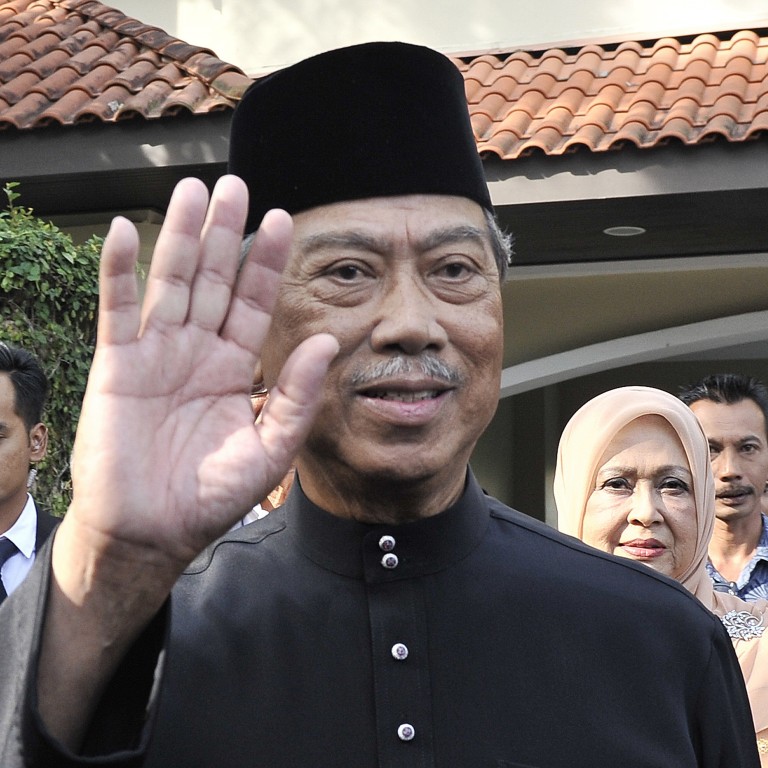
Region can ill-afford political upheaval bedevilling Malaysia
- Reforms to move the nation forward, not a scramble and struggle for power, should be the priority of the country’s leaders
China and the region count on Malaysian stability to ensure growth and development initiatives stay on track. But the economic security and pluralist government that Malaysians have hoped for since the corruption-tainted United Malays National Organisation (Umno) was ousted in 2018 after 61 years of continuous rule have been put at risk by unprecedented political uncertainty.
There is no resolution despite Muhyiddin Yassin being appointed as the new prime minister by the country’s king to end a week of turmoil prompted by the resignation of Mahathir Mohamad, who had refused to work with Umno’s tarnished politicians and had fallen out with his coalition partner, Anwar Ibrahim. Reforms to move the nation forward, not a scramble and struggle for power, should be the priority of Malaysia’s leaders.
Mahathir, 94, who had been the world’s oldest elected leader and previously prime minister from 1981 to 2003, has vowed to challenge the decision in parliament.
He called the appointment of Muhyiddin, who defected from the coalition last week and has allied himself with Umno, his former party, illegal and a betrayal.
But Mahathir’s resignation was widely perceived as being calculated to prevent a promised handing over of power to Anwar. The relationship is complex; Anwar has gone from Mahathir’s deputy in the 1990s to his nemesis and then coalition partner and is once more his rival.
Economic stability is further threatened by the trade war between the United States and China and the spreading coronavirus and plunging stock markets add a further layer of worry.
Malaysians need a united government committed to a common cause to face the challenges. The country has Southeast Asia’s fourth biggest economy and is an important source of oil and gas and technological production.
What just happened in Malaysia? A look at how it got its eighth prime minister
It is a key link in China’s Belt and Road Initiative and a supporter of the Beijing-backed Regional Comprehensive Economic Partnership free-trade pact, as well as an influential member of the Association of Southeast Asian Nations.
Kuala Lumpur has a territorial dispute with Beijing in the South China Sea and is working with Asean to draft with China a code of conduct to reduce risks.
Lawmakers owe it to Malaysians to put politics aside for the country’s good. But they also have to keep firmly in mind their nation’s integral role in regional stability and prosperity.


